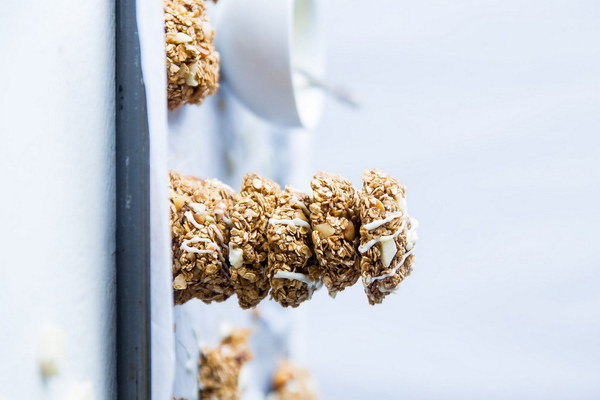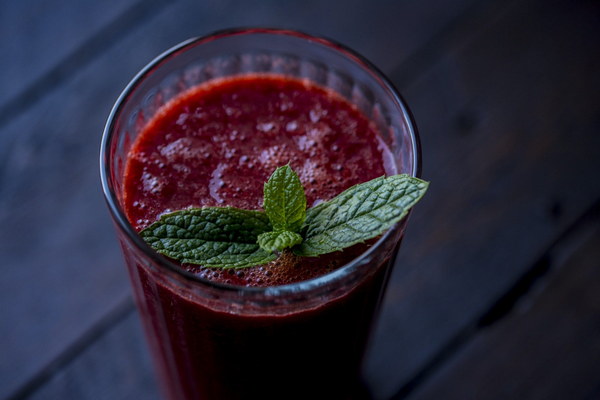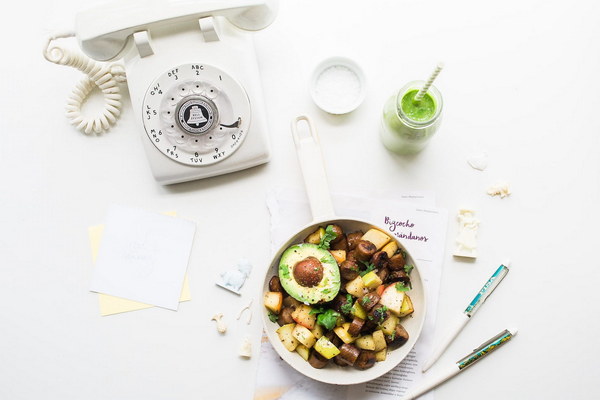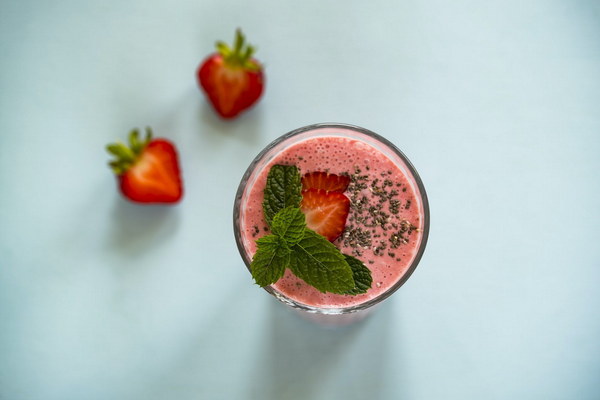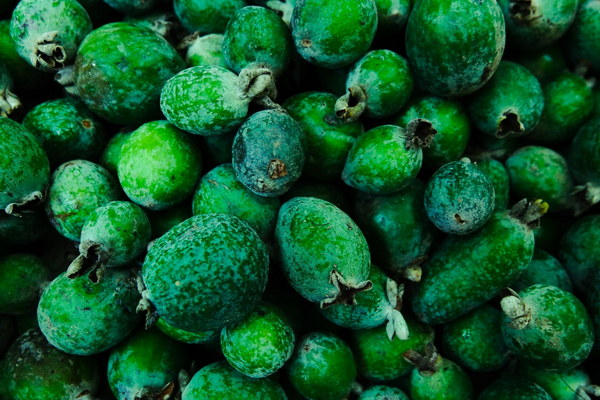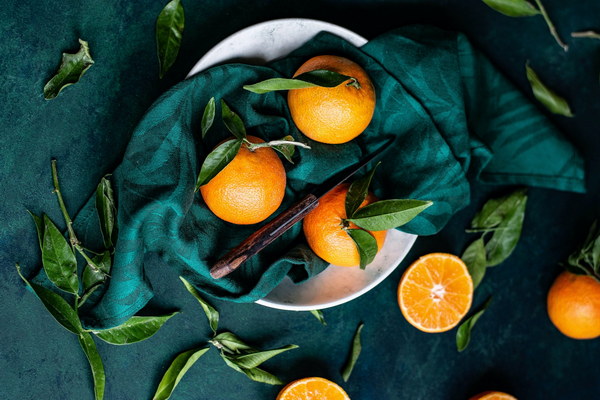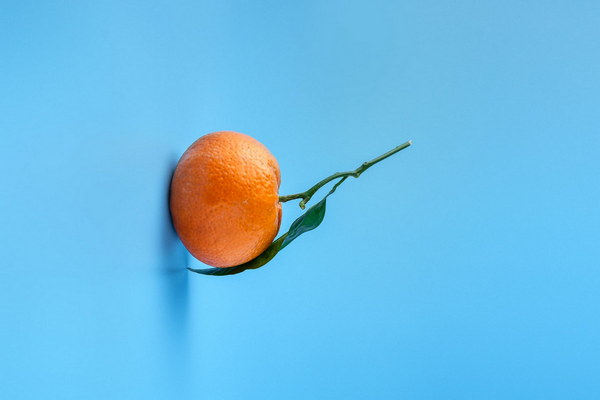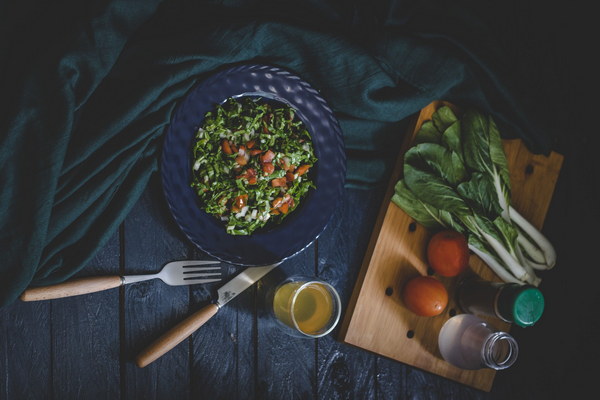Liver Health What to Avoid in Your Diet for Optimal Liver Function
Introduction:
The liver plays a crucial role in maintaining our overall health, performing essential functions such as filtering toxins, producing bile, and storing nutrients. To ensure optimal liver function, it is essential to consume a balanced diet and avoid certain foods and substances that can harm this vital organ. In this article, we will explore the common liver-damaging foods and drinks that you should avoid to support your liver health.
1. Alcohol:
Alcohol is a well-known liver toxin and excessive consumption can lead to serious liver diseases, such as cirrhosis and liver cancer. To maintain a healthy liver, it is crucial to limit alcohol intake or avoid it altogether. If you choose to drink, opt for moderation and be mindful of the type of alcohol consumed, as some may be more harmful than others.
2. Processed and Refined Foods:
Processed and refined foods, such as white bread, pasta, and sugary snacks, are high in unhealthy fats and sugars. These foods can lead to insulin resistance and inflammation, which can damage the liver over time. To support liver health, opt for whole grains, legumes, and fresh fruits and vegetables instead.
3. High-Fat Foods:
Fatty meats, fried foods, and baked goods can contribute to the accumulation of fat in the liver, a condition known as non-alcoholic fatty liver disease (NAFLD). This condition can lead to liver inflammation and, in severe cases, liver failure. To promote liver health, choose lean proteins and limit your intake of high-fat foods.
4. Trans Fats:
Trans fats are artificially created fats found in many processed foods, including baked goods, fried foods, and margarines. These fats can cause inflammation and increase the risk of liver disease. To support your liver, avoid foods with partially hydrogenated oils and opt for healthier fats, such as olive oil, avocado, and nuts.
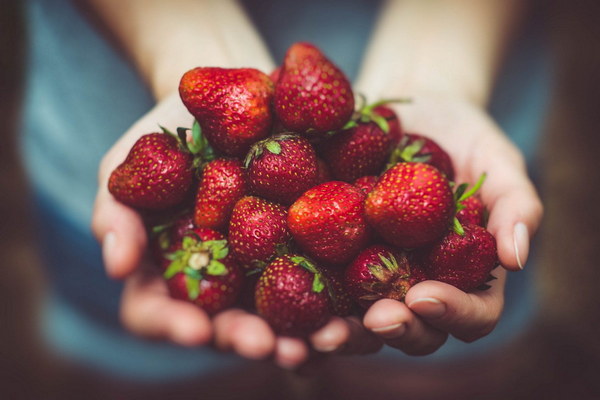
5. Artificial Sweeteners:
Artificial sweeteners, such as aspartame and sucralose, have been linked to liver inflammation and toxicity. While they are often used as a substitute for sugar, they may not be the best choice for liver health. To reduce your risk of liver damage, limit your intake of artificial sweeteners and opt for natural sweeteners, such as honey, maple syrup, and stevia.
6. Caffeinated Beverages:
Excessive consumption of caffeine can lead to dehydration, which can put stress on the liver. While moderate caffeine intake is generally safe for the liver, it's important to monitor your caffeine consumption, especially if you have liver disease. To support liver health, limit your intake of caffeine and opt for water, herbal teas, or decaf coffee.
7. High-Sodium Foods:
A diet high in sodium can lead to fluid retention and increased blood pressure, which can strain the liver. To support your liver health, limit your intake of high-sodium foods, such as processed meats, canned goods, and fast food. Opt for fresh, whole foods that are naturally low in sodium.
Conclusion:
Maintaining a healthy liver is essential for overall well-being. By avoiding liver-damaging foods and drinks, such as alcohol, processed and refined foods, high-fat and trans fats, artificial sweeteners, caffeine, high-sodium foods, and excessive caffeine, you can support your liver's optimal function. Incorporating a balanced diet rich in fruits, vegetables, lean proteins, and healthy fats will further contribute to a healthy liver and overall health. Remember, always consult with a healthcare professional before making significant changes to your diet or lifestyle.
